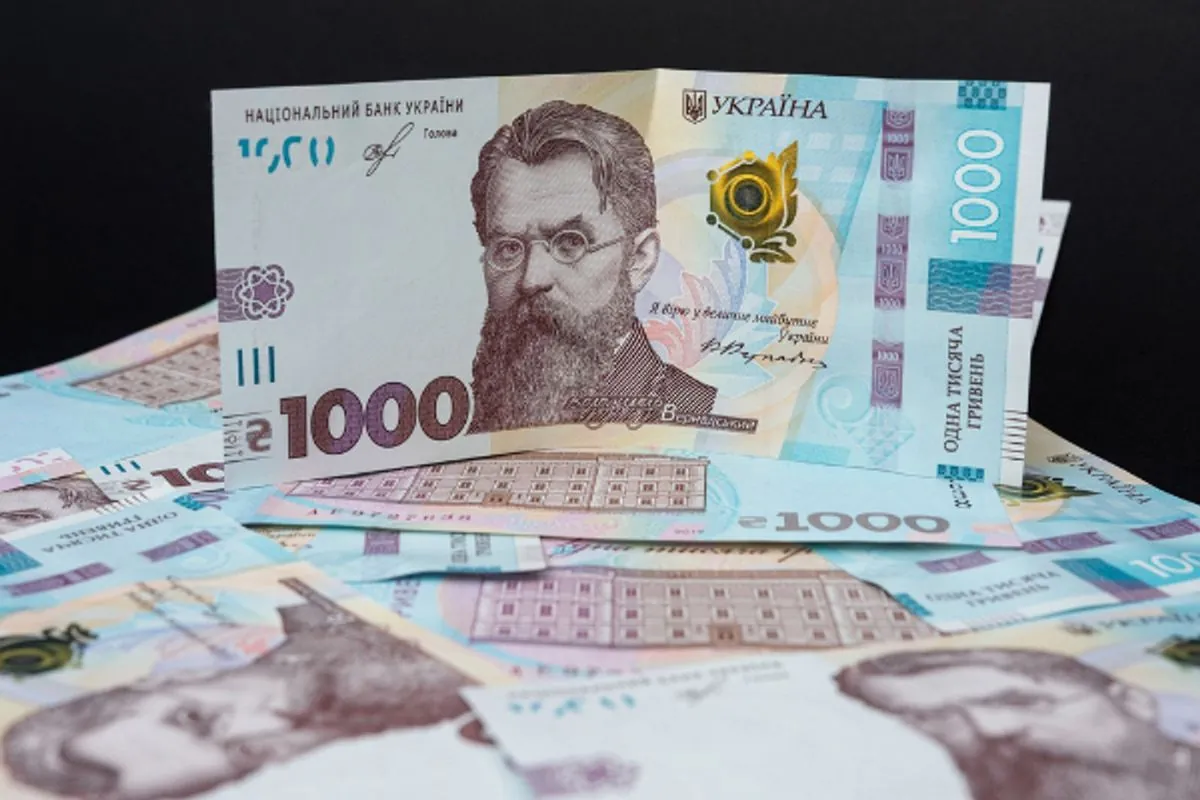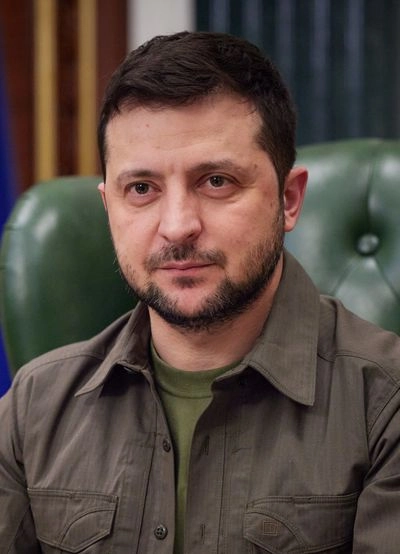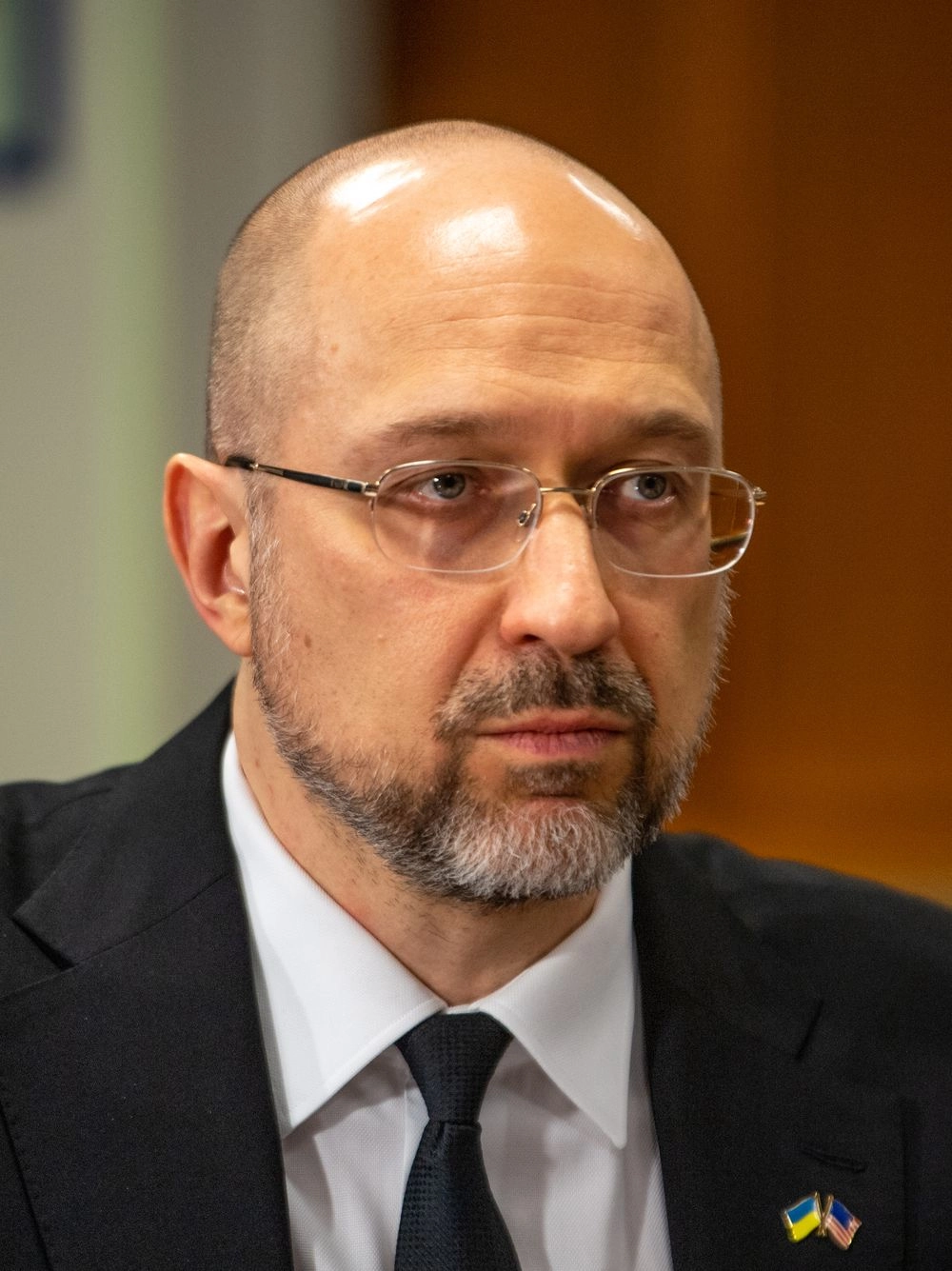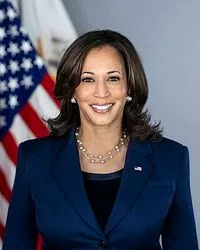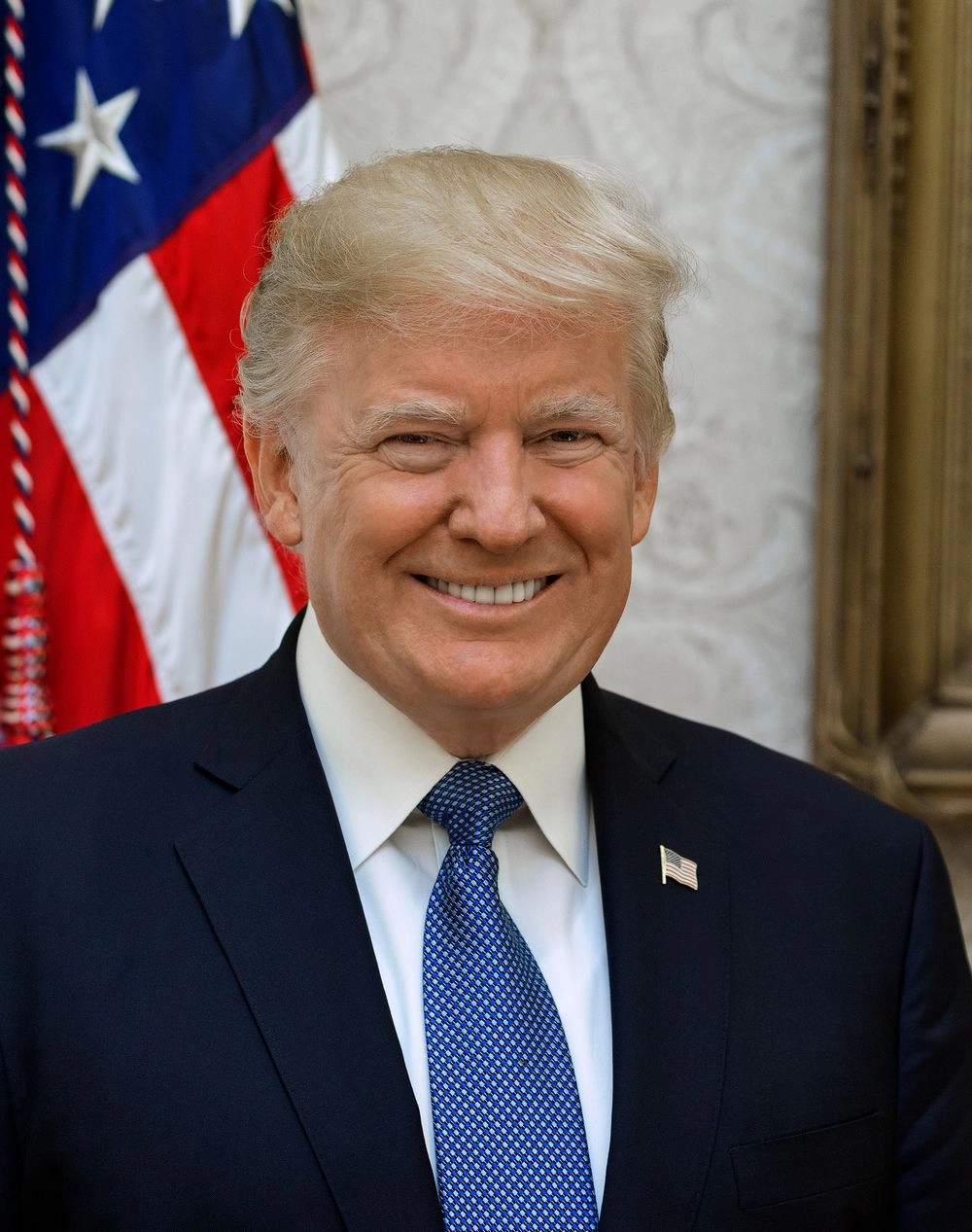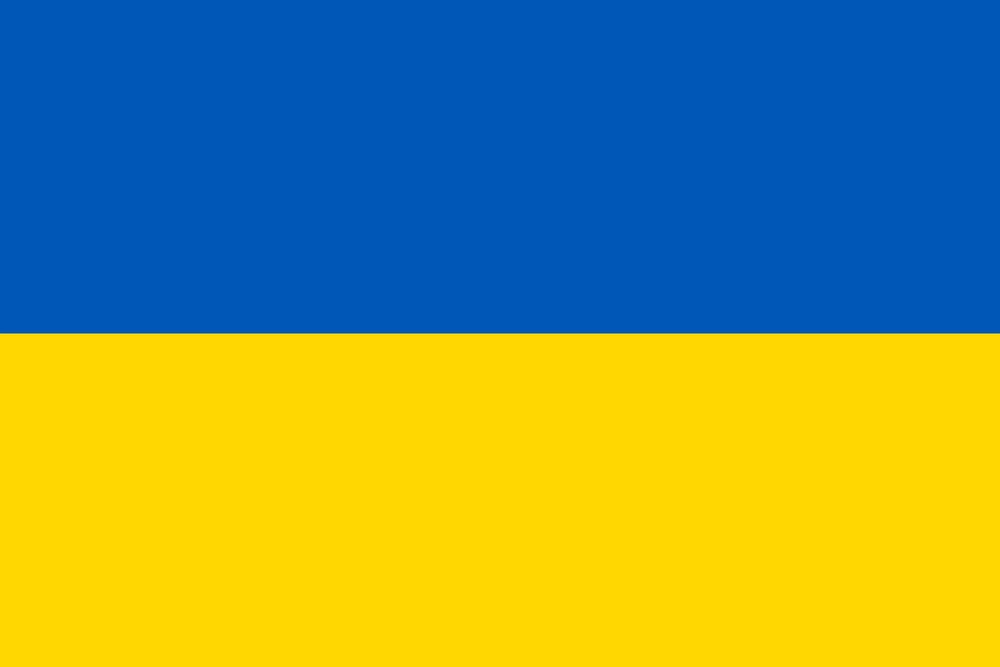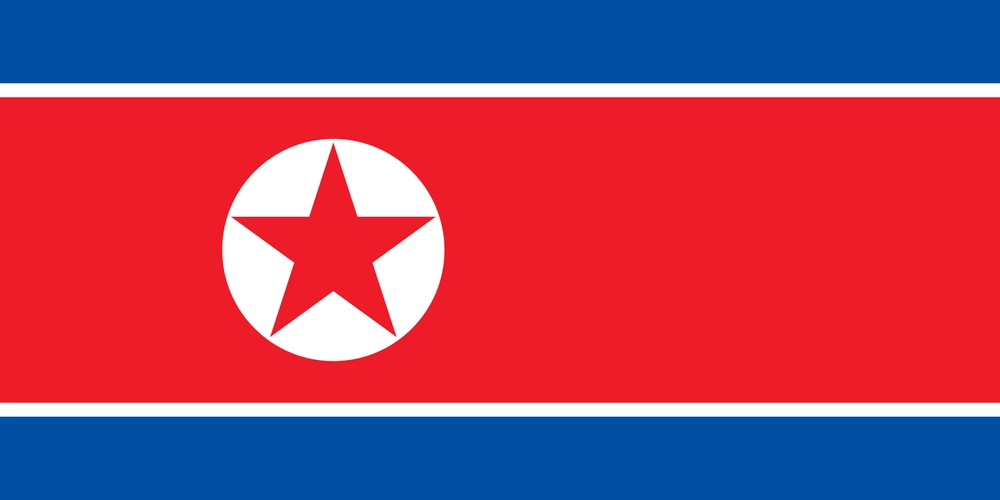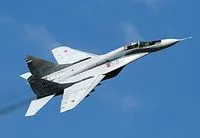
A new German party is trying to change the course of support for Ukraine in the eastern states
Kyiv • UNN
Germany's left-wing populist party is demanding that the mainstream parties stop arming Ukraine in exchange for help in governing the eastern states. This is causing tensions in the federal coalition and could undermine the pro-Ukrainian consensus.
Germany's new left-wing populist party intends to demand that mainstream parties have their regional officials join calls to stop arming Ukraine in exchange for help in governing three eastern states. Such concessions risk undermining the pro-Ukrainian consensus in Germany, which is Kyiv's second largest military supporter in the fight against Russian aggression. Reuters reports, UNN reports.
Details
According to Reuters , these concessions also increase tensions in Chancellor Olaf Scholz's tripartite federal coalition.
The Sarah Wagenkgenh Alliance (SAW), created in January, is the only party that opposes arming Ukraine, except for the far-right AfD, which is considered an "outcast" because other parties refuse to cooperate with it.
The BSW's September election successes in Brandenburg, Thuringia, and Saxony make it an almost indispensable partner for mainstream parties seeking to form coalitions there.
As noted, this week, the Brandenburg branch of the Scholz Social Democrats (SPD) approved a joint statement with the DIA, which reads as follows: "The war will not be ended by further arms deliveries.
The text, which also criticized the possible deployment of US long-range missiles in Germany, caused outrage in Berlin and discontent among some SPD members.
Agnieszka Brugger, a senior member of the Green Party, a junior partner in Scholz's government, accused the SPD of meekly following the DIA's "cynical and populist course.
"Anyone who talks about peace but stops supporting Ukraine does not want real peace," she told Reuters. "Such a policy will jeopardize the security of our country and our allies.
Munich's SPD mayor Dieter Reiter said that the wording of the Brandenburg party was "unacceptable.
Although German state governments do not have direct influence on foreign policy, the DIA's position came at a time when, according to some polls, public opinion had already cooled toward supporting Ukraine.

